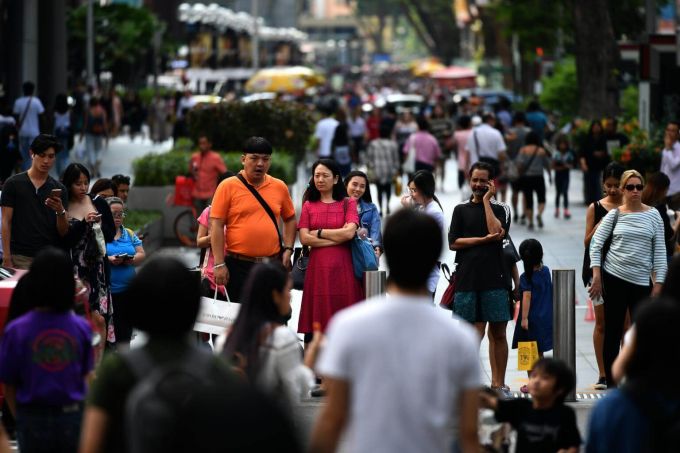
The relationship between retail landlords and tenants is set to change forever after the Covid-19 pandemic, according to Thai real estate executive Jariya Thumtrongkitkul.
“Retail landlords and tenants’ co-operation will become more crucial than ever before,” says Thumtrongkitkul, who is head of advisory and transaction services – retail at CBRE Thailand.
“Both sides will now consider more realistic rents and flexible leasing terms and conditions depending on retail business and sizes. Partnership rents and percentage revenue sharing are preferred options of this co-operation rather than fixed rent.
“Even though this will make the retail market more sophisticated, it is the most realistic approach going forward in the new normal era,” she says.
The sudden arrival of Covid-19 has highlighted the drawbacks of fixed-rent lease agreements, where tenants do not disclose their transactional data to landlords: while the latter could always predict their income from one month to the next, tenants were exposed to uncertainties of income due to uncontrollable circumstances, which could include anything from social unrest, pandemics or factors seriously impacting either tourist or local consumption patterns.
Thumtrongkitkul says developers face a new challenge in restoring customer confidence in safety, engagement and appetite when visiting shopping centres. This may force changes in the way retail space is used, she argues.
“As social distancing becomes the new normal, shopping centers will likely to provide more semi indoor-outdoor areas where customers can enjoy fresh air, various temporary spaces for pop-up stores or unique retail formats and additional recreation areas like green space, outdoor seating, pet-friendly areas, auditorium space, rooftop space and jogging lanes.
“These new landmark and other signature areas of the shopping malls will flourish as additional points to boost customers’ engagement and confidence in safety, and create positive and unique shopping experiences in those malls. CBRE believes hygiene and cleanliness will also be one of the retail design principles and touchless technologies that reduce direct surface contact such as automatic toilets, entrance door sensors, and automated parking will be heavily introduced as a result of social distancing.”
Among retailers, some brands might be forced to permanently shut down their unprofitable branches, and others will become more selective in choosing a suitable location and rental price, says Thumtrongkitkul.
“Shorter lease terms and less security deposit are expected for more liquidity. More importantly, businesses are strategically adjusting their operating space as less service area is required on the storefront.
“We are seeing retailers, especially F&B, fashion, cosmetics and personal-care businesses shifting their focus heavily towards the e-commerce territory. The fastest adapters like the fast-food chains will downsize their seating areas to have bigger operating kitchen and delivery pick-up areas. A big casual dining restaurant, for example, will now scale down their space. “Retailers’ rental space requirement may be reduced by 20 to 40 per cent from its original size pre-Covid-19.”
Thumtrongkitkul says that as health-and-wellness concerns drive more consumers to seek indulgences online during time of social distancing, retailers will redeploy resources. They will pour the money saved from operating expenses – such as lower rents or network or store-size reduction – into expanding an always-on presence to equip their business in “the cut-throat competition of digital platforms”.
“Enhancing online users’ positive experiences will become their main digital strategy.
“Consumers should now brace themselves for a new breed of retail businesses that are already thriving off the ‘lazy economy’ consumer pattern occurring in major cities around the world,“ she adds.
“With online shopping, at-home-fitness classes, and home cinema apps like Netflix to ready-to-eat food deliveries, people will fill their households with comfort products and wellness-maintenance upgrades such as lounging furniture, gym equipment and electronics for remote working which is becoming the most widespread working trend nowadays. Therefore, both retail landlords and tenants must strive to create ‘positive shopping experience’ for these health-conscious and convenience-centric consumers.
“CBRE Thailand believes that long term, in the ‘new-normal’ era, the Thai retail market will inevitably undergo major readjustment of retail space for wellness purposes and relationships among all the market’s stakeholders as well,” Thumtrongkitkul concludes.

